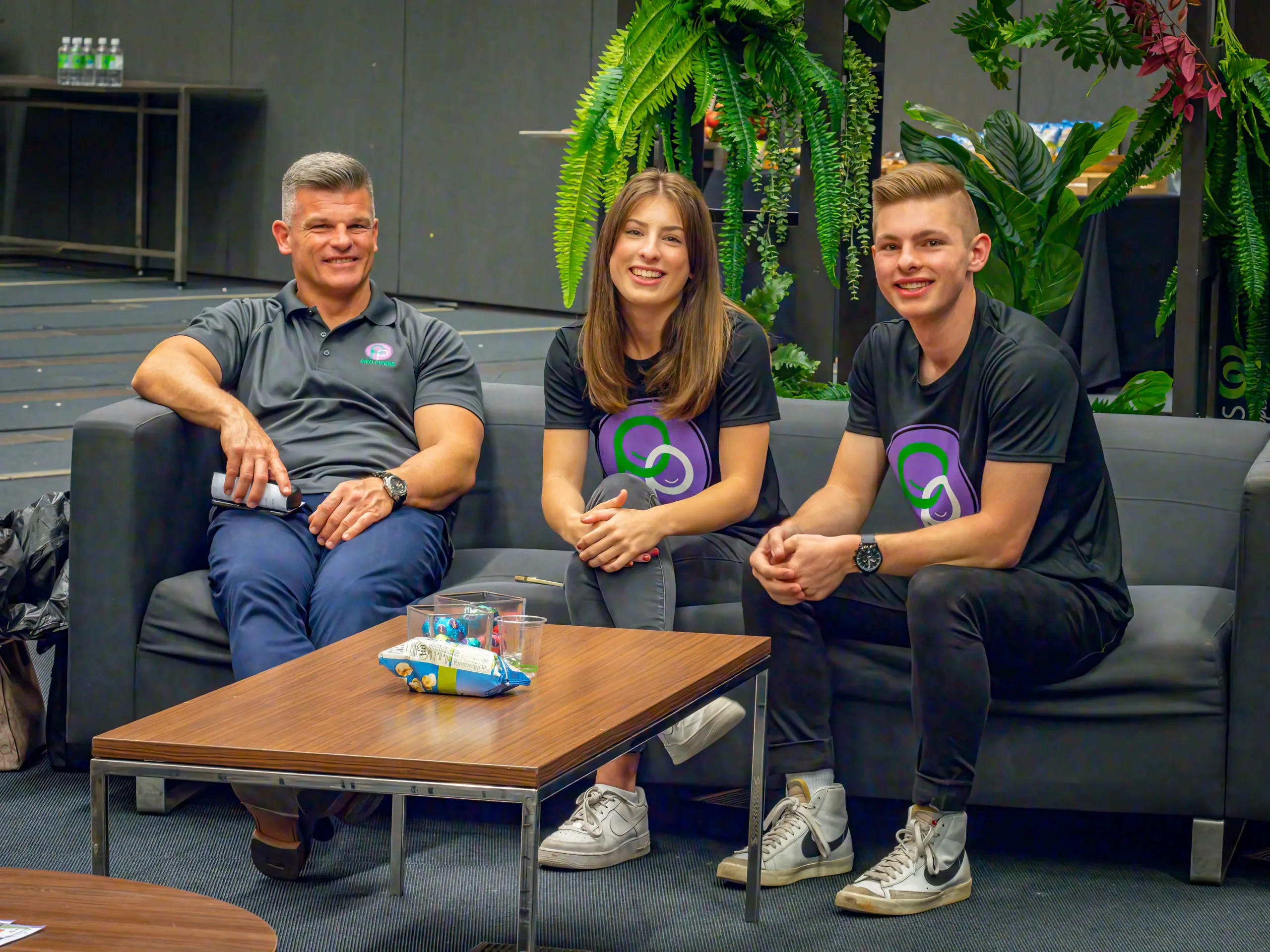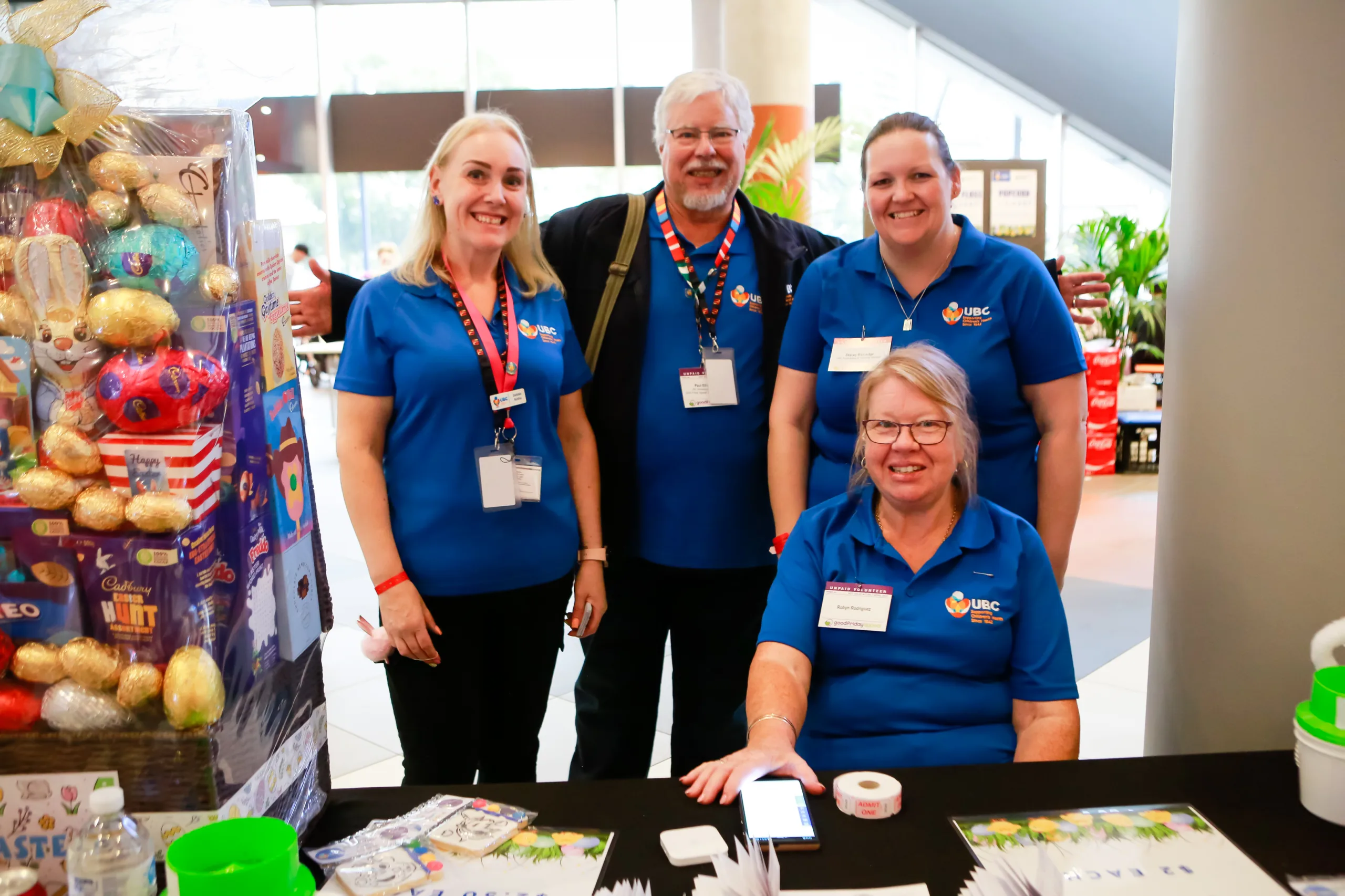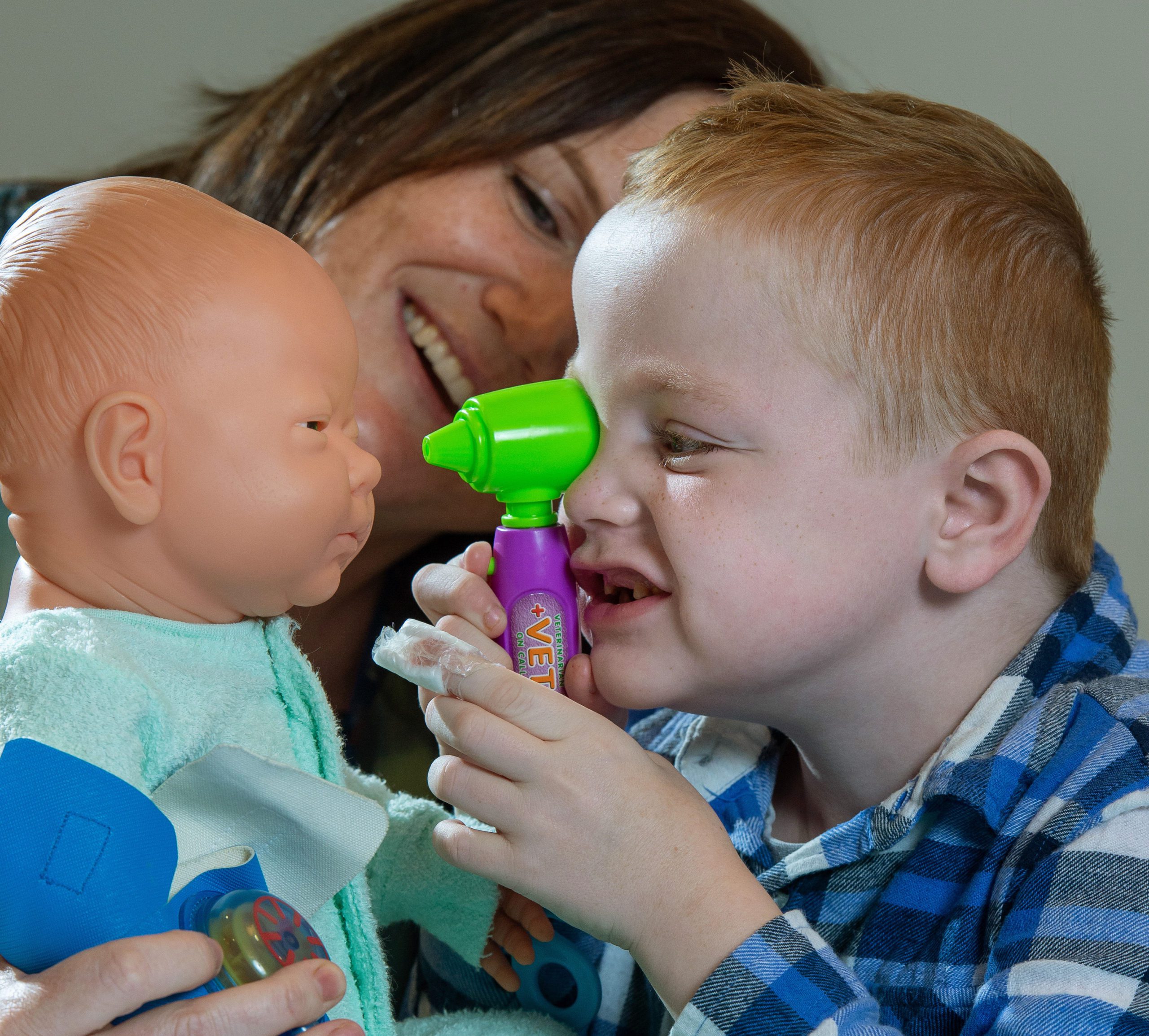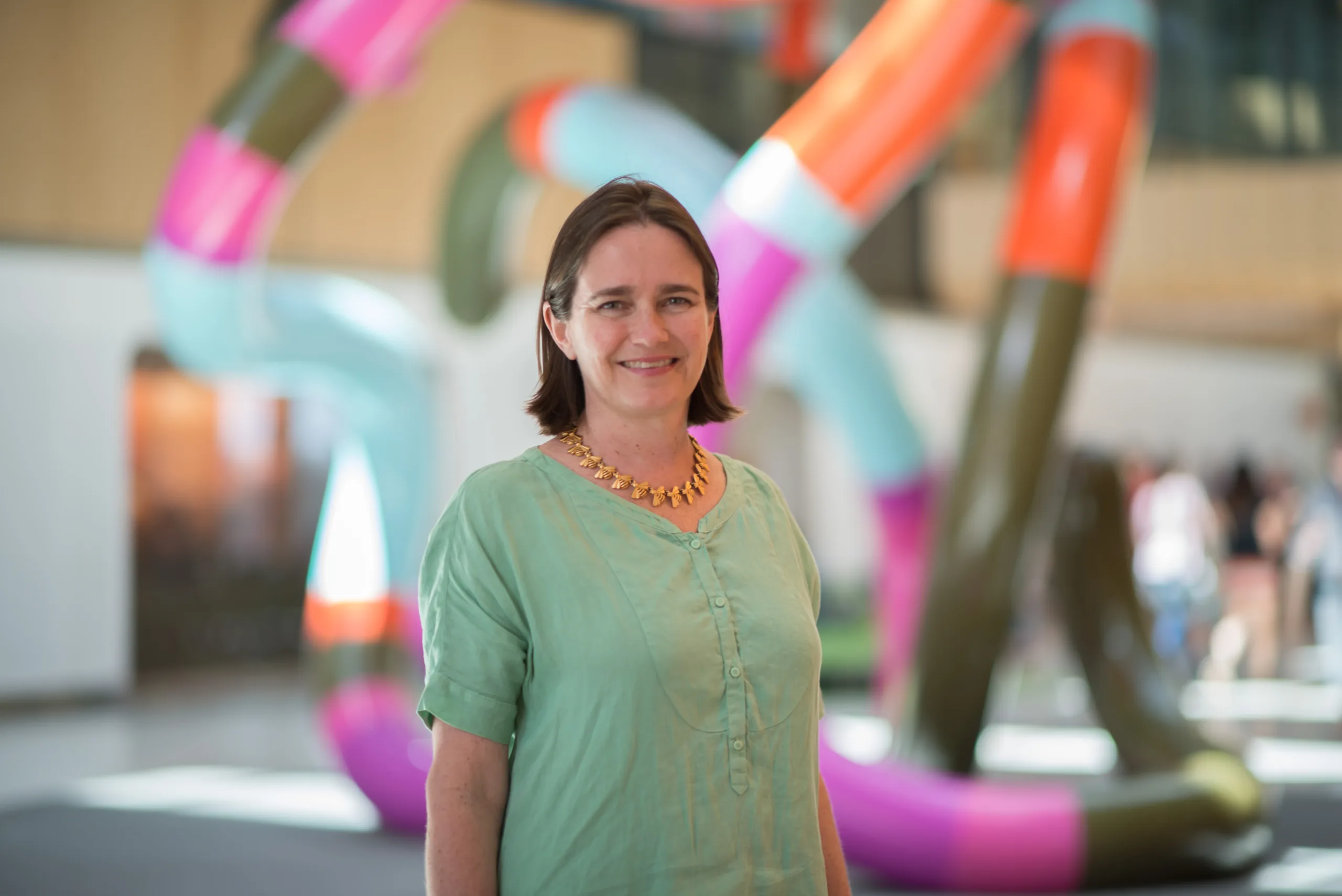
Melbourne Children’s Campus Mental Health Strategy
Around 14 per cent of children and young people aged four to 17 years are affected by mental illness over any 12-month period. Even more children may struggle with mental health symptoms, especially if they have an underlying chronic illness.
Ensuring access to mental health prevention and early intervention for this cohort has been an ongoing challenge. The Melbourne Children’s Campus Mental Health Strategy is on a mission to change this and is predicted to impact more than 600,000 children beyond the strategy’s proposed five year period.
The Melbourne Children’s Campus Mental Health Strategy is an ambitious multi-year project that aims to provide a uniform and evidence based approach to mental health prevention, care and advocacy for all children, young people and their families across the Melbourne Children’s Campus, which includes The Royal Children’s Hospital (RCH), the Murdoch Children’s Research Institute and The University of Melbourne Department of Paediatrics.
Supported by the Good Friday Appeal and their partner Decjuba Foundation, this multi-year strategy is making strides in transforming child and youth mental health care, education, and research. Over the past three years, it has increased engagement with lived experience advisors, launched a world’s first evidence-based Clinical Practice Guideline for children and young people with anxiety, developed staff training programs in mental health literacy, and skills and has six active research projects on the go.
Led by Professor Harriet Hiscock (pictured below) and Belinda Horton, the strategy is ensuring a holistic approach to mental health across the campus.
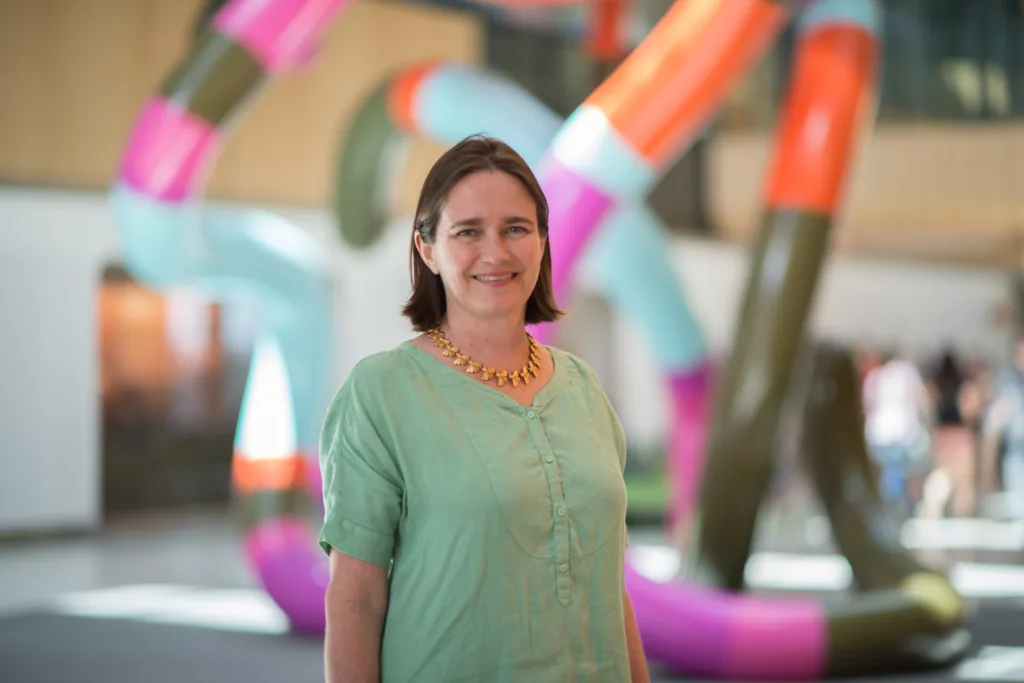
“One of the objectives of the strategy is to advocate for and equip staff to see children’s health and wellbeing as integrated physical and mental health. Our tagline – ‘mental health is everyone’s business’ – conveys this collective responsibility. We’re very grateful to the Good Friday Appeal for supporting this vital work.”
Professor Harriet Hiscock and Belinda Horton, Program Directors of the Melbourne Children’s Campus Mental Health Strategy.
“Our tagline – ‘mental health is everyone’s business’ – conveys this collective responsibility and our strategy activities have facilitated new conversations about this,” Harriet and Belinda shared.
Both Harriet and Belinda shed light on the pivotal role that engagement with campus stakeholders has played in guiding the strategy towards success. The collaboration with the Steering Committee, and advisory, working and focus groups, has been instrumental in shaping the strategy’s approach to mental health, fostering a collective commitment to its objectives.
“These ‘pockets of awesomeness’ across the campus are about bringing together the people who are already doing exceptional work, to integrate and build on this work and to identify gaps.
It has also been wonderful to equally privilege children, young people and families’ lived experience of mental health and recovery and the lived experience of campus clinicians, researchers, and educators,” they recalled.
With over 100 individuals actively participating in advisory and working groups and many more engaging with strategy communications and activities, Harriet and Belinda shared the significance of this broad engagement across the Melbourne Children’s Campus.
“We have been privileged to work with many people from across the campus from multi-disciplinary backgrounds and the full range of research, education, clinical and non-clinical expertise.
“We see this as a privilege because the contributions of these very busy people have been provided in kind from their commitment to improving research, education and care of the mental health of children, young people and their families,” they shared.
“In line with our initial strategy planning, the final two years will be focused on ensuring that the outputs of each part of the strategy are embedded where they need to be across the campus and embraced by staff and campus leaders,” Harriet and Belinda explained.
Through innovative approaches, collaborative partnerships, and a commitment to inclusivity, the Melbourne Children’s Campus Mental Health Strategy seeks to shape a future where mental health challenges are met with effective, compassionate, and readily accessible support for every child and young person across the Melbourne Children’s Campus.
Impact Milestones
2021
- Recruitment and onboarding of 14 staff to develop and build the Strategy Implementation Team.
- Development of an Interim Lived Experience Engagement Strategy to lay the foundations for seamless engagement of children and young people with lived experience of mental health concerns and recovery, and their parents, carers, and families.
- Soft launch of the Mental Health Central website with continued uploading of content throughout the life of the strategy.
- Integration of the strategy with the Mental Health Transformation Program within specialist RCH Mental Health Teams
- Implementing the recommendations of the Royal Commission into Victoria’s Mental Health System, including establishment of an integration team, regular meetings, and communications to stakeholders.
2022
- Development of the Lived Experience Advisor Network (LEAN).
- Active engagement of over 100 people from across the Campus in advisory and working groups.
- Completion of two funded research projects.
- Models of care and program evaluation for better detection and support of child and family mental health.
- Close to a full complement of staff in the Strategy Implementation Team (SIT) with 20 part time staff.
2023
- Launched the world’s first evidence-based Clinical Practice Guideline for Anxiety in Children and Young People.
- Continued development of Mental Health Central, the strategy website.
- Engaged over 60 lived experience advisors in various strategy activities, including the Children’s Mental Health Gallery.
- Strengthened collaboration between the Strategy Implementation Team, Steering Committee, and advisory groups.
2024-2025
- Conclusion of pilots and projects, moving to scaling and sustainability beyond the life of the strategy.
Last updated March 2025.

